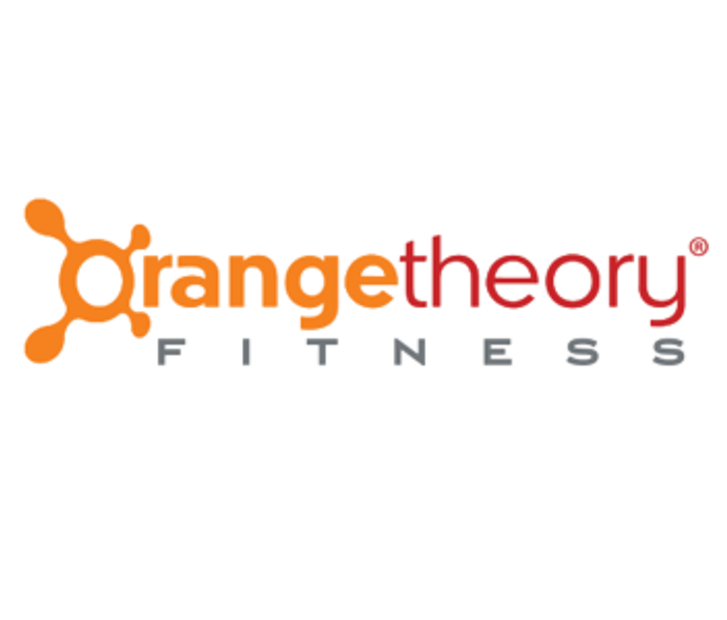Brand Experience








Insights from “State of Destination Marketing 2024” Report Released
23 March, 2024
Title: Destination Marketing Organizations: Steering the Future Course of the Global Travel Industry
In the dynamic world of global travel, Destination Marketing Organizations (DMOs) have far-reaching impacts on how travelers choose their next adventure and how destinations remain competitive. The role of DMOs in determining tourism strategies cannot be understated: they navigate through economic shifts, technological advancements, and evolving traveler expectations to keep their locales at the forefront of desirability. As the marketing sector evolves, so too does the need for effective gym marketing, more gym members, and innovative advertising for gyms, which can learn a great deal from DMO strategies.
A collaborative effort between Sojern and the Digital Tourism Think Tank, supported by several prominent tourism organizations, brought into sharp focus the “State of Destination Marketing 2024” report. This comprehensive study, pulling insights from almost 300 DMOs across the globe, takes a deep dive into the multitude of variables shaping the travel industry’s trajectory.
Top on the agenda for these organizations is economic resilience. More than half of the DMOs report feeling the impact of economic fluctuations, suggesting that budget-savvy campaigns and value propositions will feature prominently in their approaches. Amidst these economic headwinds, promoting sustainable, diverse tourism and leveraging tech innovations have emerged as pivotal elements of competitive strategy.
Artificial intelligence emerges as a dazzling tool within the marketing arsenal. Nearly half of the DMOs see AI playing a game-changing role in content creation, although it is met with mixed opinions regarding its application in web, app, and platform creation. The dream of AI-driven predictive analytics and market personalization is alive within the sector, pushing the boundaries of traditional destination marketing.
Digital media investments remain robust, with 96% of DMOs investing significantly in paid media, indicating its irreplaceable role in tourism marketing. Social media platforms, particularly Instagram and Facebook, continue to command the spotlight, although newcomers like TikTok wait in the wings.
The report underscores the paramount importance DMOs place on data, which underpins their marketing planning. Digital insights guide decisions, but DMOs grapple with challenges around data integration and quality. With the imminent phase-out of third-party cookies by Google, the focus shifts aggressively towards harvesting valuable first-party data.
While the report outlines foundational uses of data towards strategic planning, there is a gap in applying data actively for campaign optimization. Here, commercial entities in the marketing industry, like those specializing in gym lead generation, may recognize the added value of real-time adjustments to maximize marketing ROI.
In the realm of analytics, the majority of DMOs rely on popular, integrated tools, but a select few aim higher, seeking out advanced solutions or crafting in-house analytical platforms to better measure performance across channels. A minority outsource, entrusting third-parties with their data analytics needs.
Sustainable and equitable tourism now top DMOs’ strategic checklists. European DMOs lead in valuing environmental conservation, while many organizations across the spectrum are championing initiatives that echo diversity in all its forms, from gender equity to racial and ethnic inclusion.
Regenerative tourism is gaining steam, going beyond sustainability to restore and enhance destinations. This reflects a broader, more inclusive understanding of what it means to be a responsible travel destination in the modern world, with a significant number of DMOs focusing on strategies that support LGBTQ+ inclusiveness and social and economic diversity.
The strategy of co-op marketing is gaining traction among global DMOs, recognizing the increased power that comes from aligning with industry partners. This cooperative approach broadens reach and maximizes marketing investments, though not without its challenges in coordination.
Reflecting broader marketing strategies seen in advertising for gyms or gym lead generation campaigns, the “full funnel” approach is widely embraced among DMOs. They understand that impact and performance across the entire customer journey matter, from awareness to decision-making and post-visit engagement.
As they press forward, DMOs play an instrumental role in sculpting the future of travel. Their strategies—grounded in economic adaptability, tech-savvy engagements, and an unwavering commitment to sustainability and inclusivity—chart new territories in this ever-evolving landscape. It’s clear, as demonstrated by DMO efforts, that robust, data-driven strategies are equally critical for anyone operating in the competitive world of marketing, including the pursuit of more gym members or refined Facebook ads for fitness-centric campaigns.




